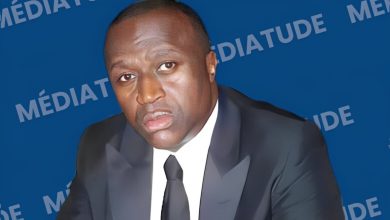Six Reasons Why Paul Biya&8217s Long Rule Risk Coming to ...
Paul Biya's 40 Year Reign has been the Perpetual Nightmare of Cameroonians
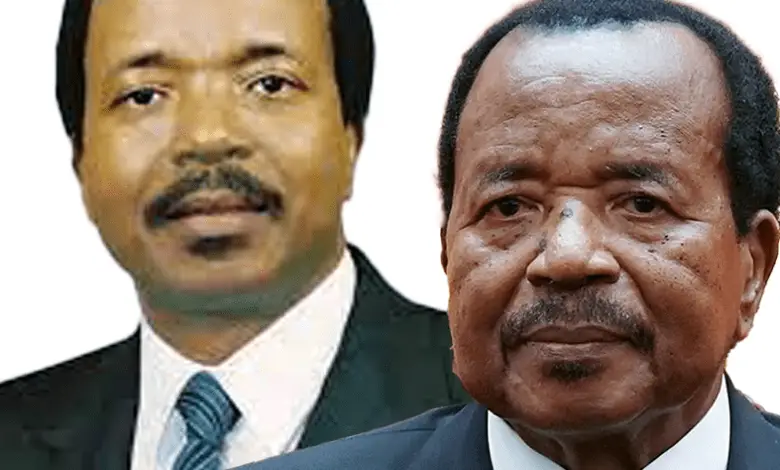
Six Reasons Why Paul Biya&8217s Long Rule Risk Coming to ...
Paul Biya, the President of Cameroon, has held onto power for an astonishingly long time, making him one of the world’s longest-serving leaders. However, his lengthy tenure has been marked by allegations of human rights abuses, electoral fraud, and a systematic suppression of dissent.
- The Longest-Serving President
Paul Biya assumed the presidency of Cameroon in 1982 and has maintained his grip on power for over four decades. This makes him one of the longest-serving leaders in the world, raising concerns about the health of Cameroonian democracy and the potential for abuse of power.
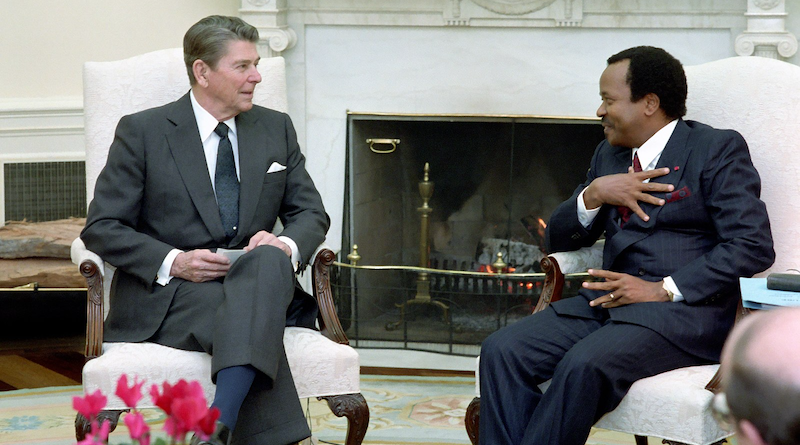
2. Electoral Irregularities
President Paul Biya’s rule has been marred by repeated allegations of electoral fraud. Despite the façade of democratic elections, the political landscape in Cameroon is far from free and fair. Biya and his party, the Cameroon People’s Democratic Movement (CPDM), have manipulated elections to ensure their continued dominance. Opposition leaders have faced harassment, arrests, and intimidation, making it nearly impossible for a credible opposition to emerge.
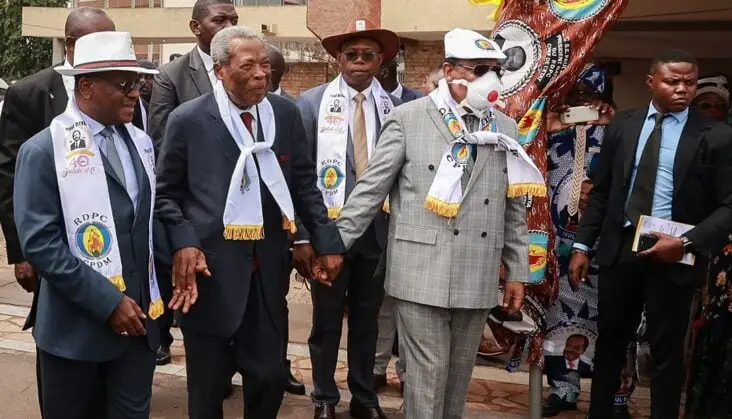
3. Human Rights Abuses
Perhaps the most disturbing aspect of Paul Biya’s reign is the blatant disregard for human rights. The Cameroonian government, under his leadership, has been implicated in numerous human rights violations, particularly in the Anglophone regions of the country. The government’s brutal crackdown on peaceful protests and dissent has resulted in the loss of countless lives and the displacement of hundreds of thousands of people.
4. The Anglophone Crisis
The ongoing Anglophone crisis is a testament to President Paul Biya‘s failure to address the legitimate concerns of Cameroon’s English-speaking minority. This crisis, which began in 2016, has escalated into a full-blown conflict, characterized by violence, displacement, and a humanitarian catastrophe. The government’s response has been heavy-handed, with allegations of extrajudicial killings, torture, and the burning of villages.
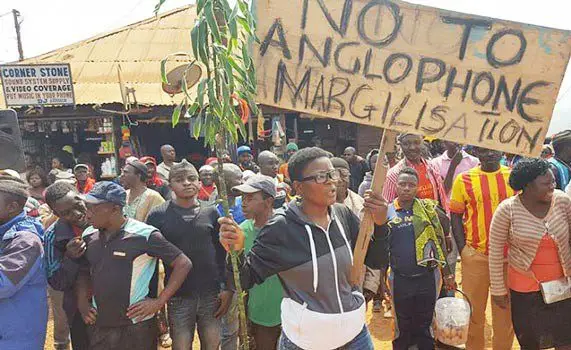
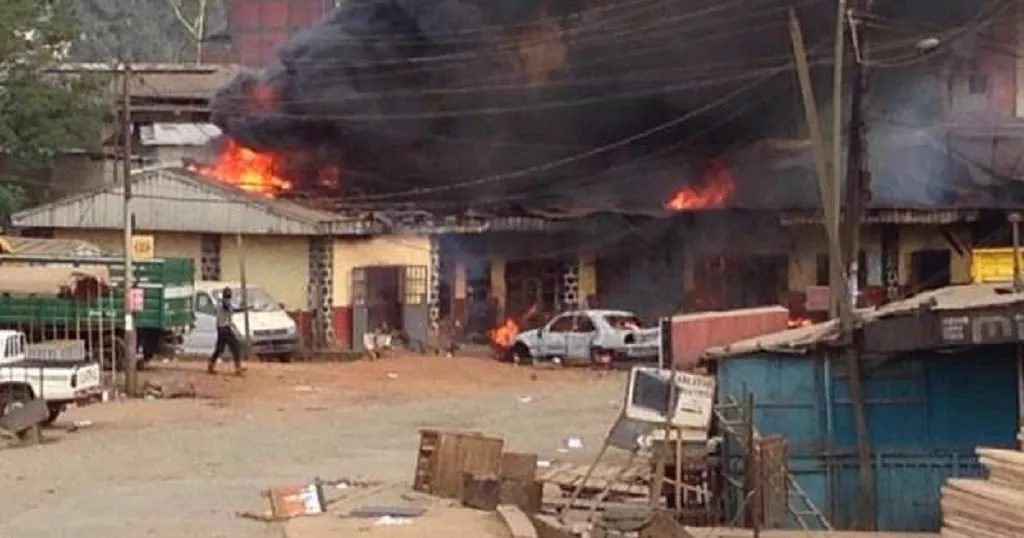
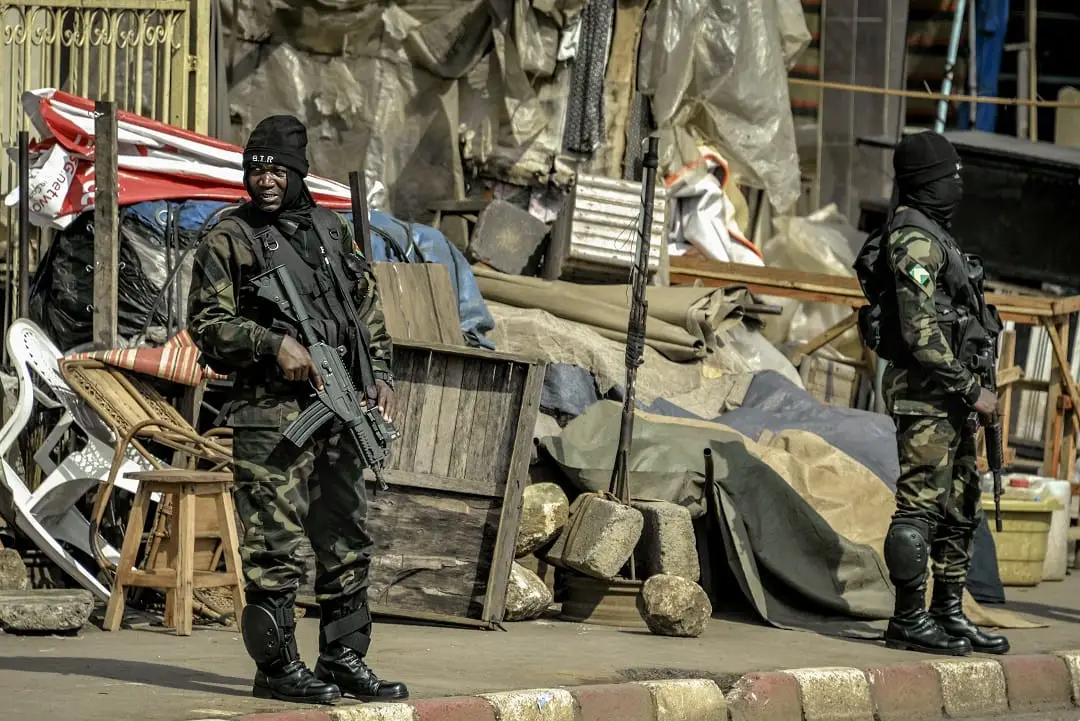
5. International Response
Despite the alarming situation in Cameroon, the international community has been relatively muted in its condemnation of Paul Biya‘s regime. While some countries have expressed concern and imposed sanctions, there has been no concerted effort to hold the Cameroonian government accountable for its actions. This lack of international pressure has allowed Biya to continue his oppressive rule with relative impunity.
6. The Urgent Need for Change
The international community must take a more proactive stance in condemning Paul Biya‘s dictatorship and advocating for change in Cameroon. The Cameroonian people deserve a government that respects their rights and addresses their grievances, rather than one that perpetuates a cycle of violence and repression.
Paul Biya‘s presidency in Cameroon has been marked by electoral irregularities, human rights abuses, and a catastrophic handling of the Anglophone crisis. The international community must not turn a blind eye to the suffering of the Cameroonian people. It is time to condemn Paul Biya’s dictatorship unequivocally and work toward a more democratic and inclusive future for Cameroon. Only through collective efforts can we hope to see an end to the nightmare that has plagued this nation for far too long.


